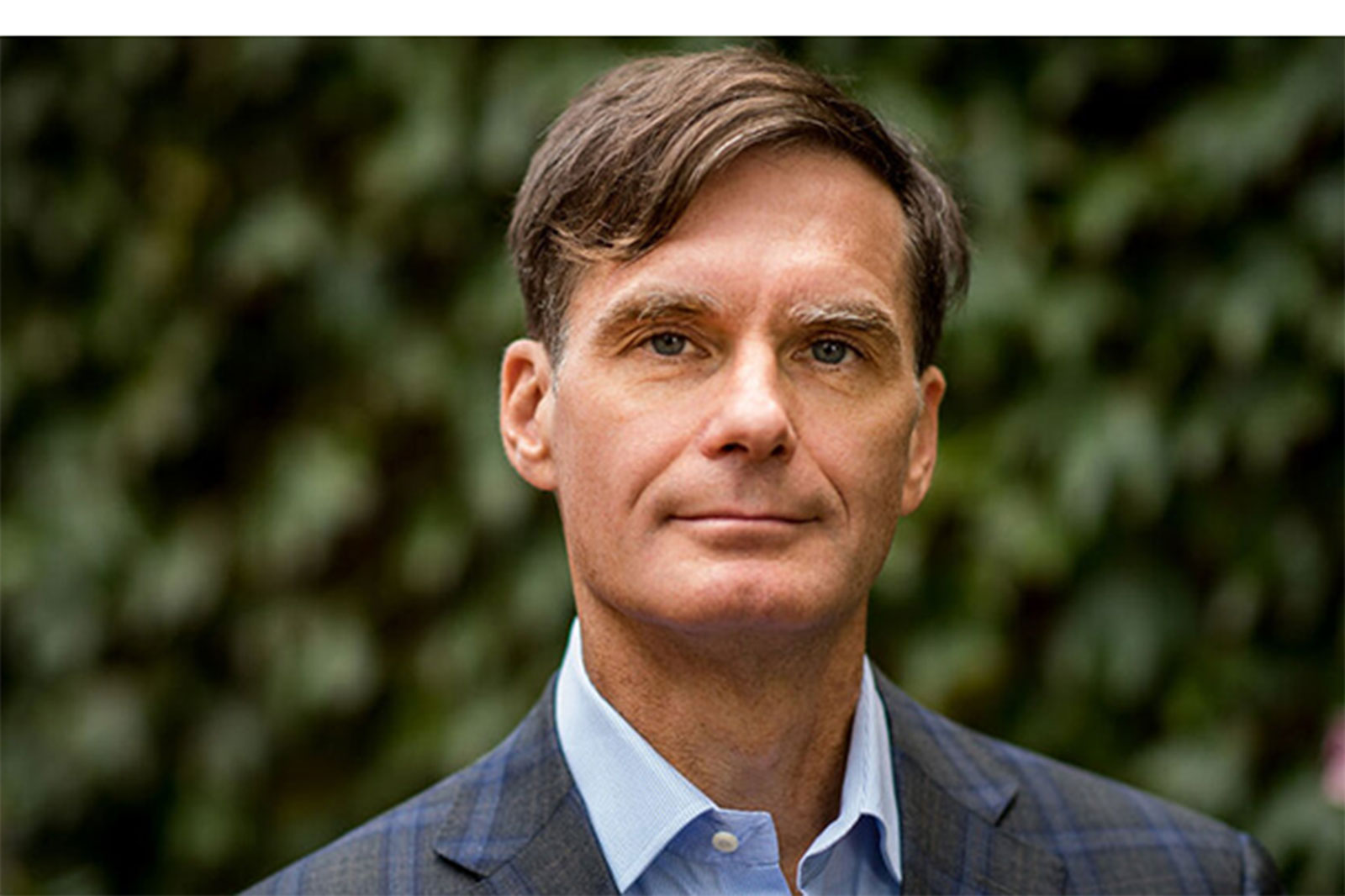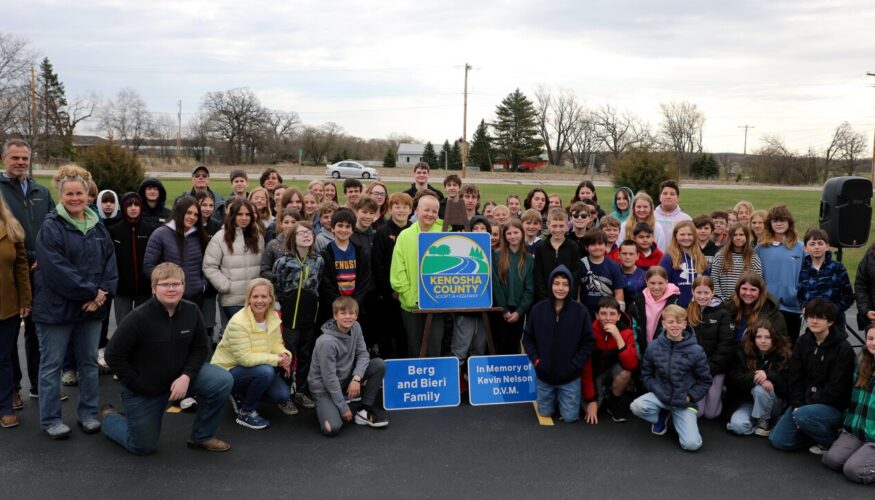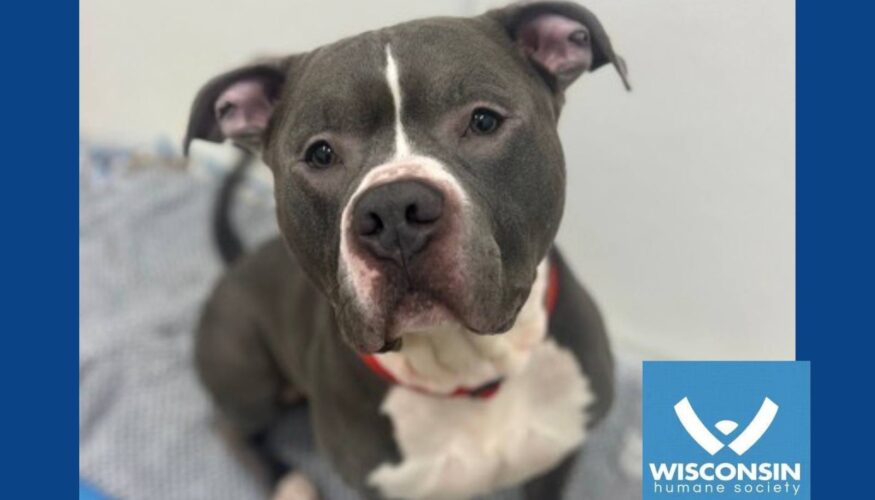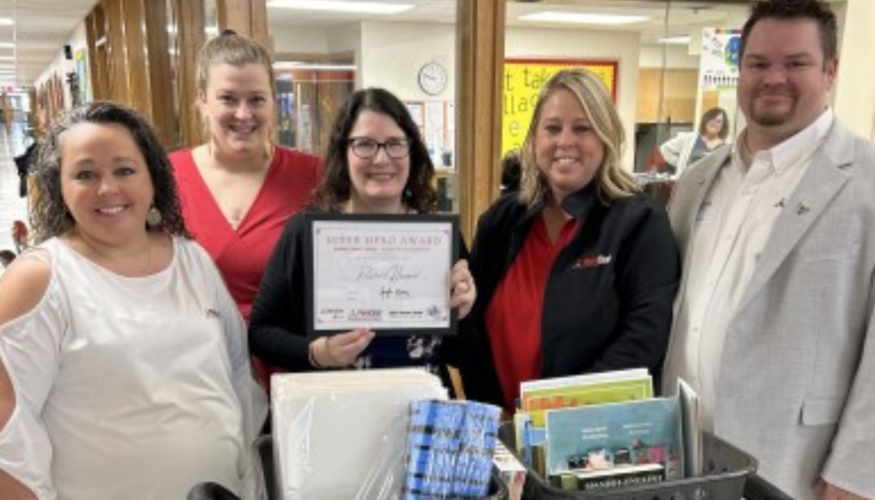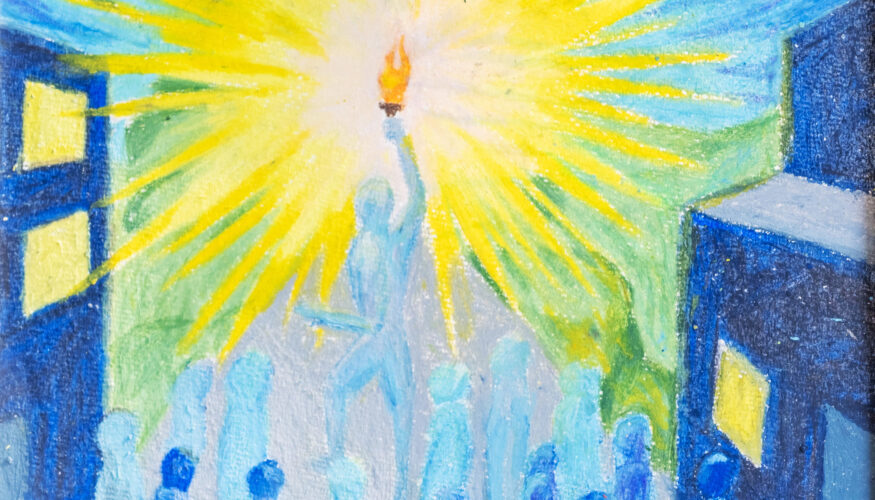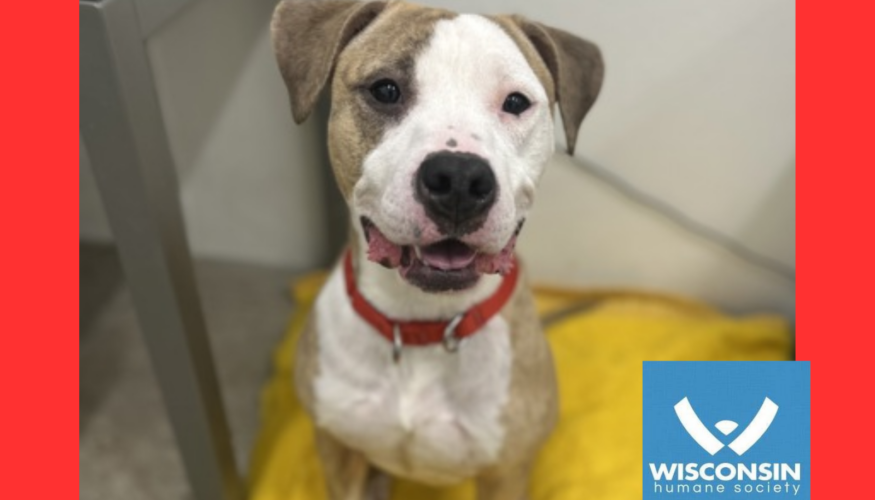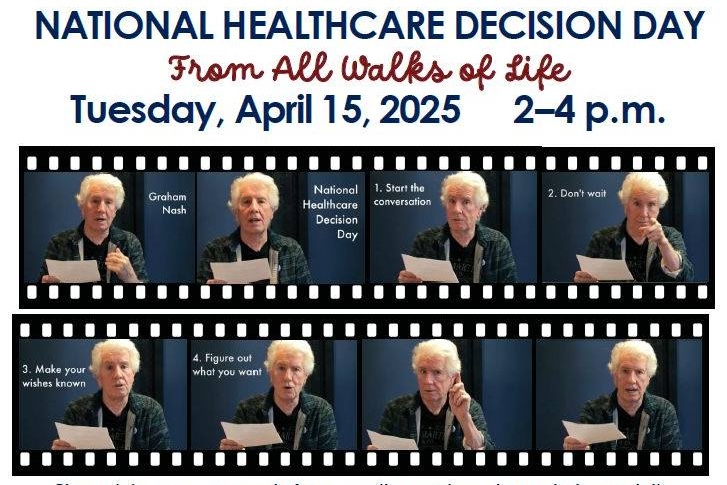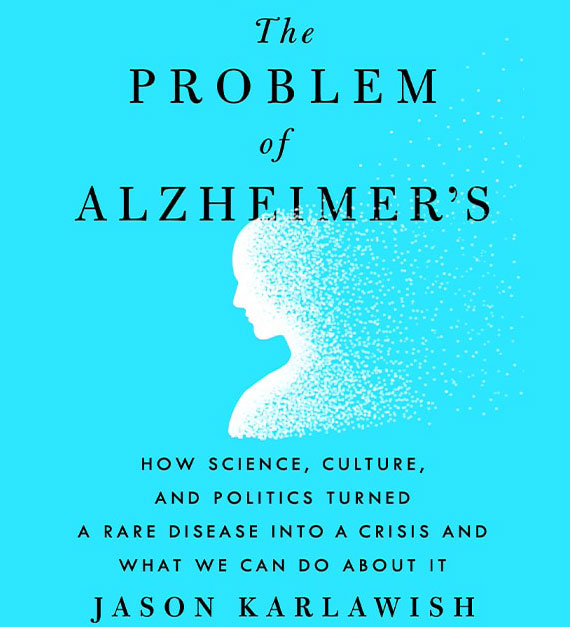
The University of Wisconsin-Parkside Professional and Continuing Education office will host physician and writer, Dr. Jason Karlawish, in conversation on “The Problem of Alzheimer’s: How Science, Culture, and Politics Turned a Rare Disease into a Crisis and What We Can Do About It” on Wednesday (Oct. 12) in the UW-Parkside Student Center cinema.
This free event offers attendees up to 0.1 Continuing Education Units (CEU). Attendees may also follow the presentation virtually via Zoom.
Join Dr. Jason Karlawish as he traces Alzheimer’s from its beginnings to its recognition as a crisis. While he offers an unambiguous account of decades of missed opportunities and our health care systems’ failures to take action, he tells the story of the biomedical breakthroughs that may allow Alzheimer’s to finally be prevented and treated by medicine and also presents an argument for how we can live with dementia.
Dr. Karlawish researches and writes about issues at the intersections of bioethics, aging, and the neurosciences. He is the author of “The Problem of Alzheimer’s: How Science, Culture, and Politics Turned a Rare Disease into a Crisis and What We Can Do About It” and the novel “Open Wound: The Tragic Obsession of Dr. William Beaumont” and has written essays for the Los Angeles Times, The New York Times, The Washington Post, Forbes, The Hill, Nature, STAT, and the Philadelphia Inquirer. He is a Professor of Medicine, Medical Ethics and Health Policy, and Neurology at the University of Pennsylvania and Co-Director of the Penn Memory Center.
For more information and to register, visit uwp.edu/hhs.
